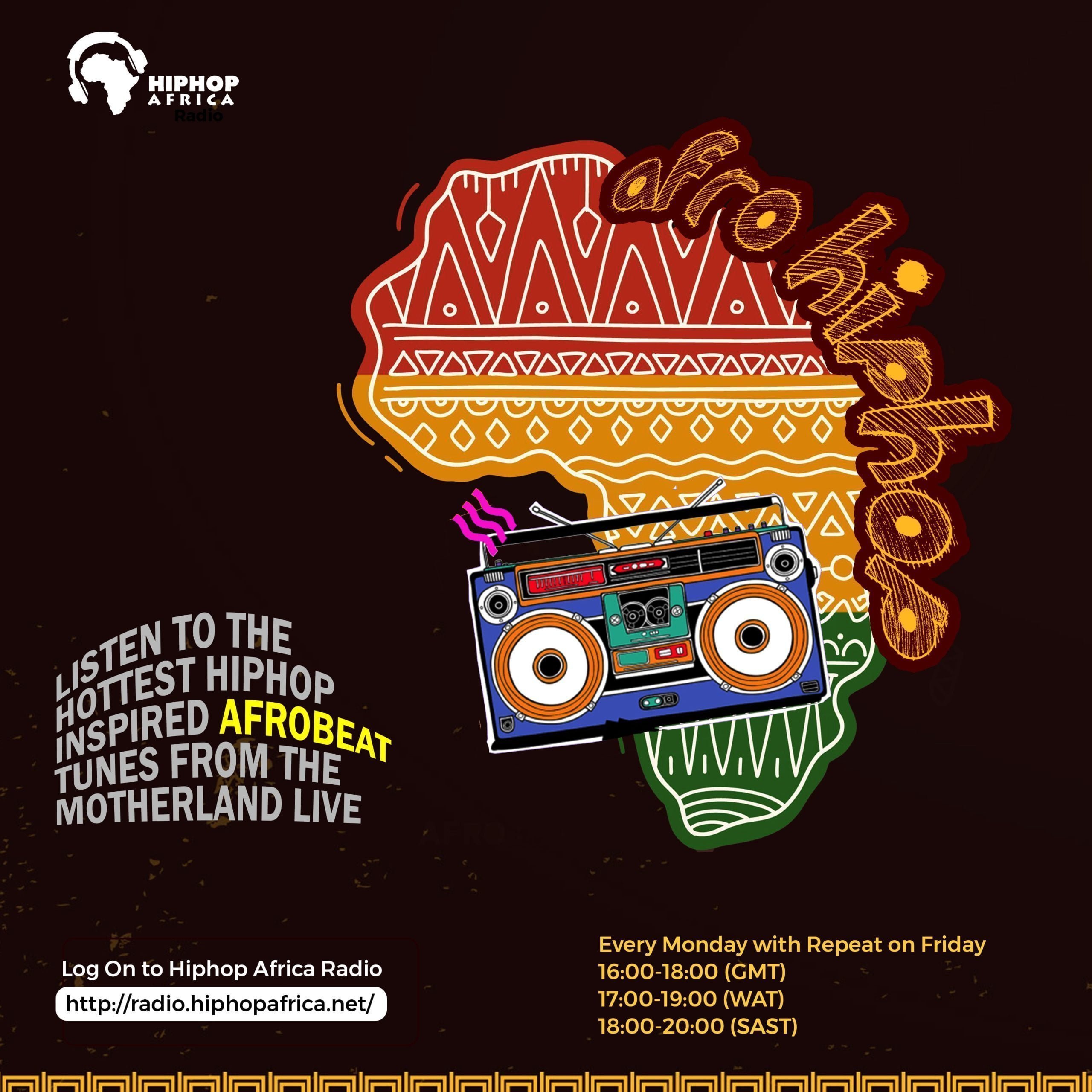The pair of Afamefuna and Sam represent the Kenyan music business class podcast, 30% Podcast. Pronouncing various hot takes, unpacking Kenya’s royalty quagmire, dissecting the backend jargon, and shedding a spotlight on the hottest music currently blasting out of Kenyan terrain, the 30% Podcast is the new CNN for Kenyan music lovers. Their opinions are king at this point. Their credibility has been cemented, and there is more to come from the music producers turned broadcasters. The music industry in Kenya has been shorthanded in finding a journalistic and historian edge that can capture the key happenings of the industry in real time, and the 30% Podcast has inevitably seized that gap.
In an exclusive conversation, we learn about the new media empresarios, their musical contributions, mainstream versus indie today, and some of their vows for the rest of the year
One on One with The 30% Podcast:
How did the both of you meet, and how has your relationship grown to date?
Sam: I think we met at the studio we used to work at. We never really spoke much. But having a podcast and having something to deliver has helped us grow and learn more about each other.
Afam: I’d say we are really close now.
How important is it to have organic relationships and chemistry when podcasting?
Sam: It depends because if you’re having an informational podcast it’s not important. You just need to have two people that are good at broadcasting. But when you have a little banter, life lessons, personal opinions, it’s important. It keeps things from being awkward, and it feels human.
What inspired your podcast the 30% Podcast?
Afam: Essentially, our conversations around the music industry that we’d have in the studio we worked at before. Sam came up with the name after realizing only 30-40% of Kenyan music is played on the airwaves. The goal is to educate and have conversations on how to raise that number.
How has the podcast grown over the past year?
Sam: From our following, to our network bandwidth, I feel like consistency has played a huge role in asserting that.
Afam: We’ve had editorial coverage, we’re getting event invites, and people considering us as press, that has been really good. We are grateful.
You’re both producers in your own right, Sam having an extensive catalog with Nyashinski and countable placements – Sam, what’s the most glaring takeaway producing for a more mainstream versus an indie artist?
Sam: I normally approach both with a similar gusto. With a mainstream act, you think about the impact because they have a widespread audience and that might play into some decisions you make. Personally I don’t pick and choose, I treat both with the same respect. The takeaway is however, with mainstream artists you tend to have less freedom depending on your level as an artist.
Afam, you have worked with many artists likewise in numerous capacities. Speak about artists you have worked with and your experience producing in the Kenyan music industry. Is there potential?
Afam: Yes. I tend to work a lot with artists in their beginning stages because I’m invested in developing and upcoming scenes. Artists such as Iyanah, Andyah, Chevy Kev, Swahili Papi, and more, I feel will be very successful. Although I have also worked with more established acts like Benzema and Lil Maina. There is a lot of diversity in Kenyan music. And there is a lot of creativity. The industry can go in so many ways so I’m excited for the industry.
Afam, you’re riding with a hit song at the moment, Lil Maina’s “Cocoa Butter”. How do you celebrate such wins?
Afam: Firstly, not in my wildest dreams would I imagine me even reading this. It’s taken a while to get to this point of being celebrated by the mainstream because I produce a lot for underground artists. But I’m grateful and thankful. As producers, we don’t have much time to celebrate because the success can be short-lived as there’s a lot of competition. So how I leverage this, is working harder and trying to work on my craft even more.
Why are both of you passionate about the Kenyan music industry, and what do you feel the climate is at the moment overall?
Sam: Seeing the discrepancies between the Western world and Kenya in the music, technicalities, business, the marketing strategy, I feel there is no reason to be okay with that. There is a lot of room for improvement. I have an innate fire to see our industry flourish.
Afam: I’m a dreamer at heart. I dream of a time where Kenyan music will be at the highest level healthily competing for Grammys and so on. There are amazing success stories such as Boutross and I want that kind of success to be available to every aspiring artist in Kenya.
For the 30% podcast, how do you think podcasting has impacted the media and broadcast space in Kenya?
Afam: I think podcasting is one of the biggest mediums currently. You can see artists utilizing it as part of their press runs. Kenyans are listening. I believe the podcast boom is taking full effect and we are glad to be part of that.
Sam: I think it’s interesting because podcasting is a little more loose and free compared to traditional media. It offers something else. I believe it impacts the music industry positively because we get to see our favorite artists in a new light, and that is commendable.
Many have asked you to diversify and go visual. Is this something you’re cognizant of?
Afam: Definitely. I think that as much as podcasting in its pure form is meant to be an audio experience, podcasting in Kenya really thrives when visuals are attached to them. We saw the positive reception when we interviewed Eric Musyoka, so this is an approach we are willing to take.
What are some plans you have for the podcast this year?
Afam: I’d say we’re keen on getting visual representation out there. It’s also about staying consistent and how we can continue to talk about things people care about in the music industry as the main thing. We don’t want to do anything over-the-top. We really just want to deliver a good product, talk to interesting people, and interview people who Sam and I are keen on getting their insight.
Sam: I think growth, that’s really it for me.
For more stories like this, follow Hiphopafrica.net.


